MBLI’s autophagy reagents include important targets such as LC3, p62/SQSTM1, ATG12, ATG14, ATG16L, ATG9, ULK1, and more.
Atg12 Binding Cascade: Cross-talk Between Apoptosis and Autophagy
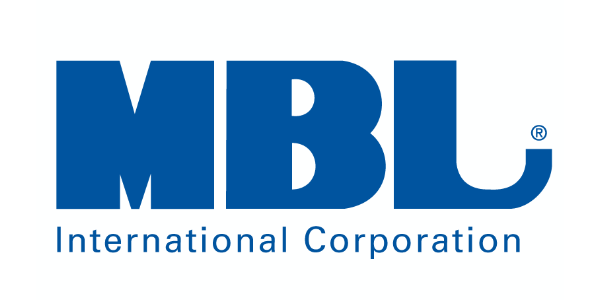

MBLI’s autophagy reagents include important targets such as LC3, p62/SQSTM1, ATG12, ATG14, ATG16L, ATG9, ULK1, and more.
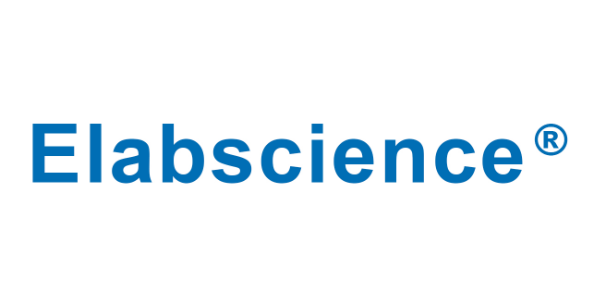
Elabscience apoptosis assay kits are well-known products that provide simple operation processes and reliable experimental results for researchers.
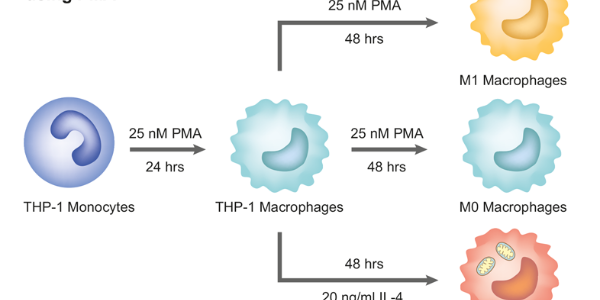
AdipoGen Life Sciences is a manufacturer of high-purity PMA – the most common phorbol and a potent tumour promoter and highly inflammatory in nature.
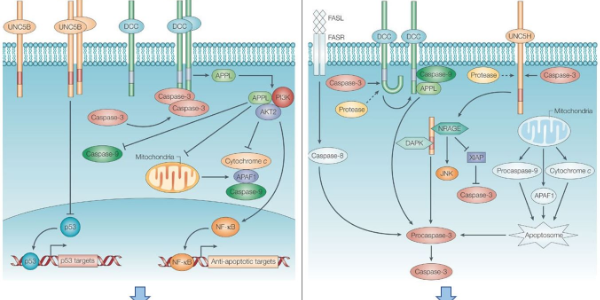
AdipoGen Life Sciences is the developer and manufacturer of the recombinant antibody clone 2F5 and biologically active human Netrin-1.
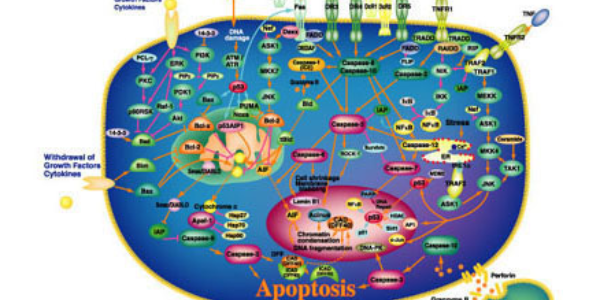
MBL International offers antibodies, recombinant proteins, kits and assays to assist in the detection and analysis of different apoptotic molecules.
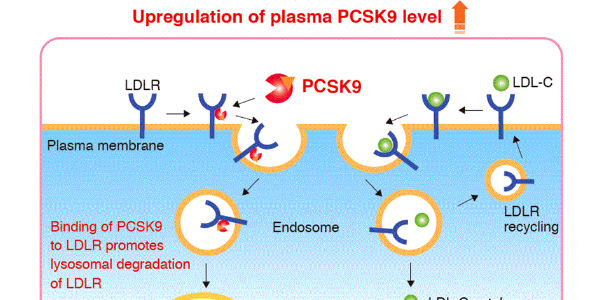
MBL International is at the forefront of providing PCSK9 assay kits and reagents to support the advancement of PCSK9 studies.
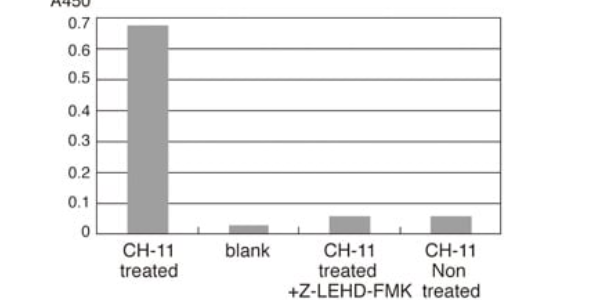
MBLI ‘s APOPCYTO Caspase-3,8,9 Colorimetric Assay Kit detects caspase activity in cell extract with LEHD-pNA as a substrate, in which LEHD sequence is recognised by each active caspase selectively.
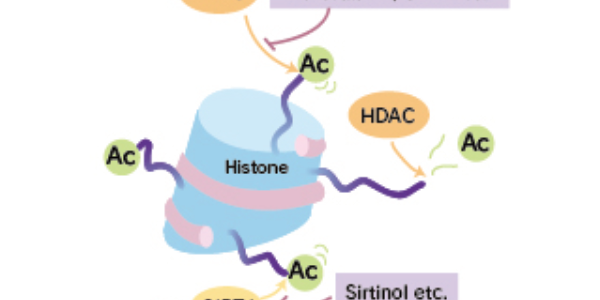
Histone deacetylase (HDAC) plays a pivotal role in the regulation of gene expression through the modification of nucleosome structure.

Metabolism Assays from Elabscience Elabscience metabolism assay kits have a complete set of indicators and a wide range of applications, including Enzymes, Oxidative stress, Liver & Renal Function, Amino acids & proteins, Glycolysis & Lipid Metabolism, Lipids metabolism, Plant Physiology
Antibodies are produced in the body to serve 3 major purposes in the immune system: neutralisation, opsonisation, and complement protein activation. Each of these functions helps to protect the body from potentially harmful pathogens. Neutralisation Neutralisation occurs when the antibodies